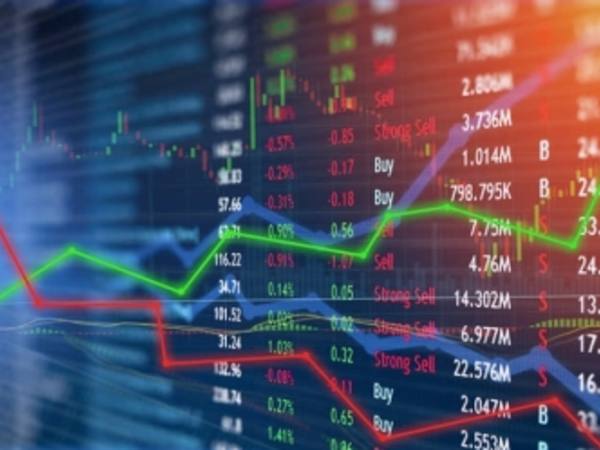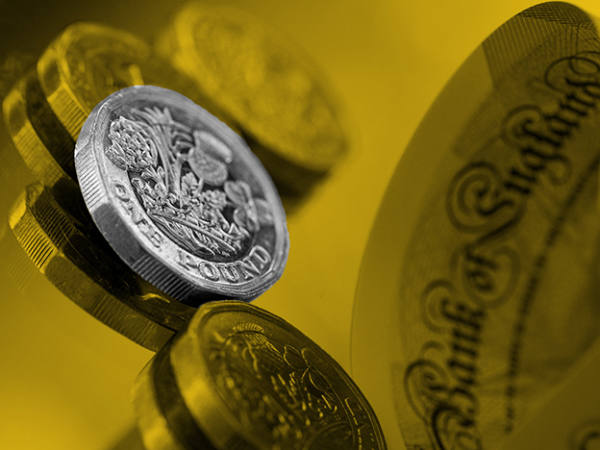London’s pubs and restaurants are quiet. Too quiet. In the week that life in the capital was supposed to start getting back to normal, rising fears about the impact of a second wave have kept residents and workers at home.
Offices don’t want to open for fear of becoming ground zero in a second wave. Commuters want to avoid the heat of mask wearing on the trains. And the lack of footfall on the City’s streets is having severe repercussions for the cafes, bars and shops. The UK’s economic powerhouse – which contributes roughly a quarter of its GDP – remains in hiding from coronavirus.
But outdoor spaces are thriving. Brits seeking respite from the lonely months of lockdown are far more likely to head to the great outdoors than to the pubs, where nervous landlords are keen to prevent parties from becoming too rowdy and restrictions are being placed on the number of people in a group. Beaches, forests, fields, mountains and parks can’t chuck you out if festivities become too raucous.
And it’s not just in the UK where rules designed to protect us from a deadly virus are being stretched or outright broken by citizens who have had enough of the pandemic. In the US, an underground exercise market has emerged after many states resumed the strictest lockdown measures and forced the closure of indoor gyms. The upshot is that illegal ‘speakeasy’ fitness centres are welcoming many new members whose own gyms remain shut.
In South Africa – which has banned alcohol twice this year in an attempt to keep the victims of drunken brawls out of overstretched hospitals – recipes for pineapple beer have been shared extensively on social media. Home brewing has spiked and there are fears that criminal networks (which already control a large chunk of the cigarette industry) will gain a stronghold in alcohol distribution.
The Covid-19 control era has many of the hallmarks of prohibitions gone by: restriction, rebellion and unregulated innovation. Lessons from 1920s America are therefore relevant today.
In the early 1900s, the religious and moral margins of US society, rallied into action by the Anti-Saloon League, campaigned for the sale of alcohol to be banned. Incomes had started to be taxed in 1913 under the 16th amendment, giving campaigners further ammunition to “go for a constitutional amendment”. The government – rich in the cash of its new income tax – agreed it no longer needed taxes from the sale of alcohol. In 1919, the 18th amendment banned alcohol in the US.
And, for a little while, the law delivered what the campaigners wanted. Shady saloon bars closed, domestic abuse declined and fewer Americans were hospitalised with liver cirrhosis.
But prohibition also paved the way to organised crime in America. Drug lords and gangsters who previously oversaw regional operations took charge of national alcohol distribution systems. Chains of speakeasies made these crime syndicates hugely wealthy, while the government missed out on the taxes from alcohol sales, which by 1930 – when the 21st amendment outlawed the 18th – had returned almost to pre-prohibition levels.
Historians now widely agree that any positive effects that prohibition had on reduced drinking were more than mitigated by the costs. For Harvard economist Jeffrey Miron, the lessons of the 1920s prohibition era are important today. “Prohibitions don't eliminate things, they drive them underground," he told NPR’s Planet Money podcast. And that comes with a host of unintended consequences.
Starting with a fall in quality – unregulated markets are hard to control. That’s certainly true in the drugs industry in the UK, where criminals beef up their weed with pesticides and cocaine users risk their life while snorting a substance never fully sure of its ingredients.
Falling quality is already showing in the Covid-19 prohibition era. In the US, many underground fitness centres are reportedly operating with no thought of social distancing, mask wearing or sanitising equipment, spawning an environment where the spread of coronavirus is far more likely than in normal gyms, which are kept clean and where owners can ensure quality controls are always being met.
Higher prices are another classic unintended consequence of prohibition. Less competition from big players means entrepreneurs willing to risk the black market can charge more than they would in a regulated market. That side-effect has been seen in countries which outlaw gambling, for example Japan, where expensive unregulated betting websites have fuelled an increase in addiction. In 2018, the Japanese government legalised casino gambling in an attempt to gain control of the situation.
It’s true that Covid-19 restrictions have one very big difference to classic prohibitions: duration. When alcohol was banned in the US in the 1920s, the decision was final. In 2020, the world wants to go back to normal when it is safe to do so post-coronavirus. But lessons from past prohibitions tell us that the longer restrictions last, the more likely people are to rebel. One for the UK government to ponder as it debates a second national lockdown.











